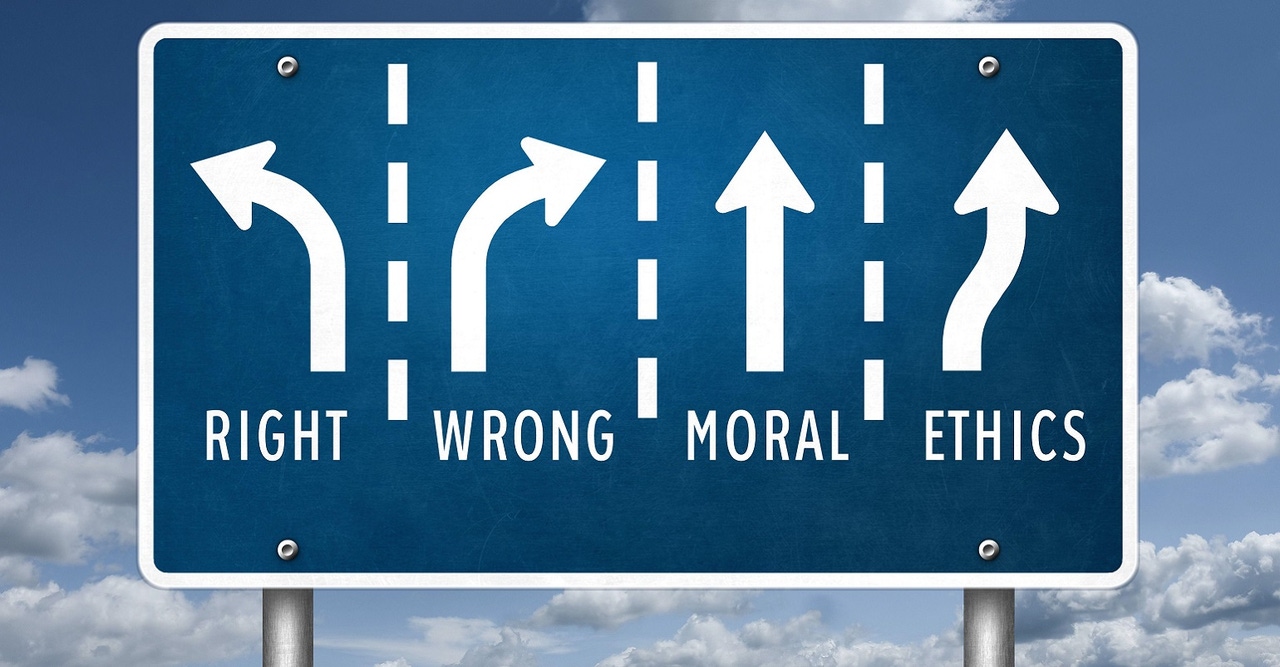IT Ethics: What It Means for Your OrganizationIT Ethics: What It Means for Your Organization
A growing number of IT departments have issued codes of ethics. Is it time for your IT organization to begin addressing and establishing its moral obligations?
August 3, 2023

Relatively few IT leaders spend much, if any, time pondering their organization's values and ethics. Yet as technology continues to integrate itself into virtually every aspect of business and personal life, establishing a moral code is rapidly becoming as important as creating security, employment, asset management, and other fundamental organization policies.
No organization, including IT, can sustain successful operations over the long-term unless there's a solid consensus on basic rules governing team behavior. "The purpose of ethics is to help people arrive at this consensus," says John Hooker, a professor of business ethics at Carnegie Mellon University's Tepper School of Business.
IT is an integral part of all business operations, influencing virtually every enterprise sector. "Because so many processes are reliant on IT infrastructure, the practices adopted by a company's IT department have a downstream effect," explains Srini Kadiyala, CTO of data governance consulting and technology firm OvalEdge. "That's why developing an IT department based on ethical approaches is so important."
Establishing ethical oversight is crucially important, says Andrew Clark, CTO of Monitaur, an AI governance software company. He notes that it promotes trust and credibility among stakeholders who rely on IT systems, including customers, employees and partners. "It also reduces the risk of legal and reputational damage caused by unethical practices, such as data breaches, cyberattacks, and intellectual property theft." Perhaps most critically, ethical oversight creates a responsibility, accountability, and innovation culture that enhances operational efficiency and sustainability, he says.
There are also financial implications to be considered. Failing to adopt data privacy policies and exposing customer information in the data space can lead to significant fines, Kadiyala says. At the other end of the spectrum is the reputational damage caused by unethical practices. "When customers and investors become aware of unethical IT practices, they are less likely to support the organization," he explains.
Ethics Policy Planning
Every IT department should create and enforce a clearly defined ethics policy. "It should state the organization's commitment to honesty, integrity, privacy, fairness, transparency, and social responsibility," advises Richard Baker, CTO of TWC IT Solutions.
Read more about:
InformationWeekAbout the Author
You May Also Like






.jpg?width=700&auto=webp&quality=80&disable=upscale)
